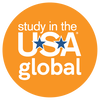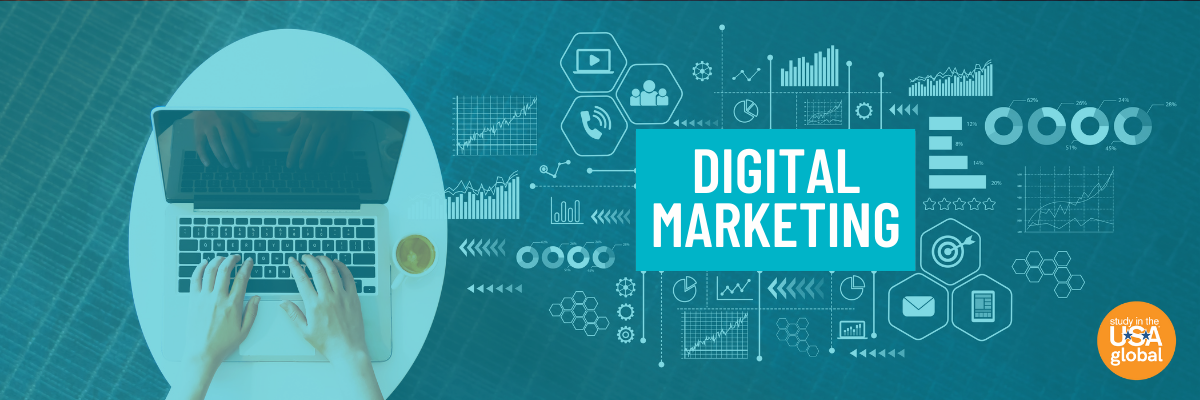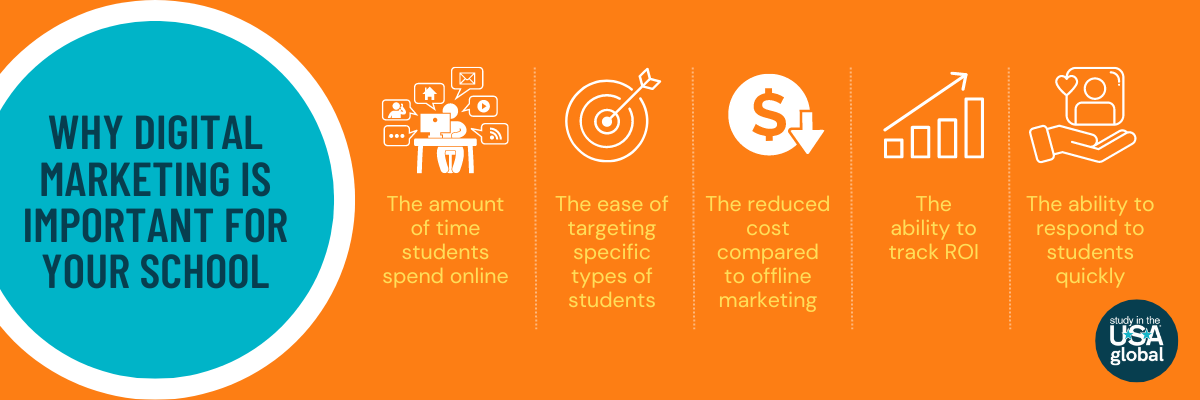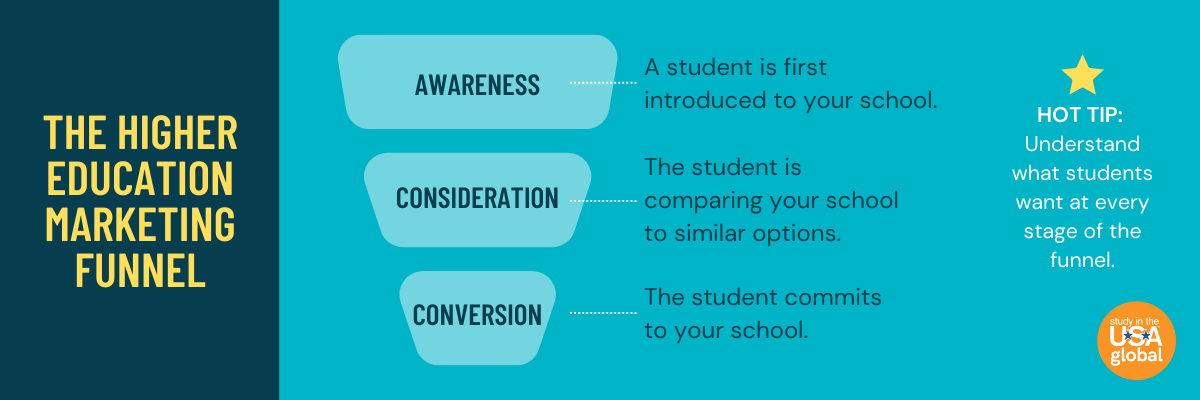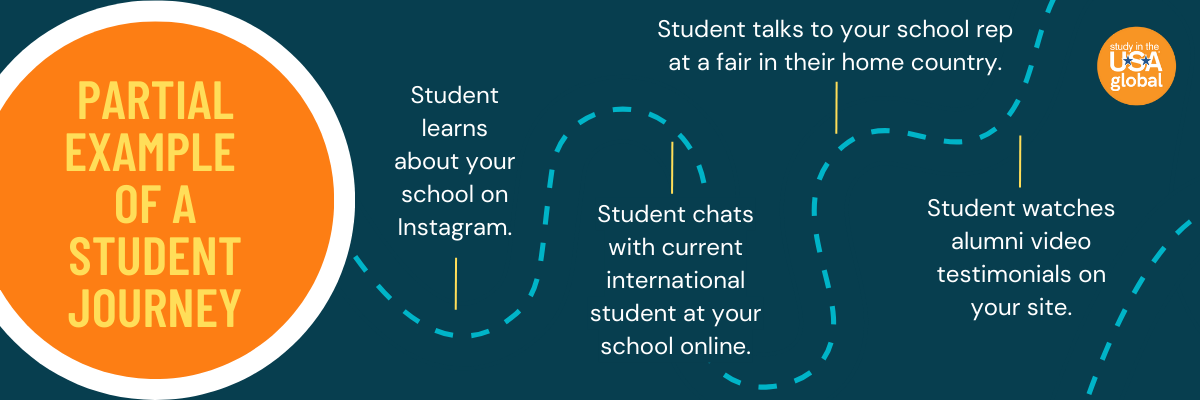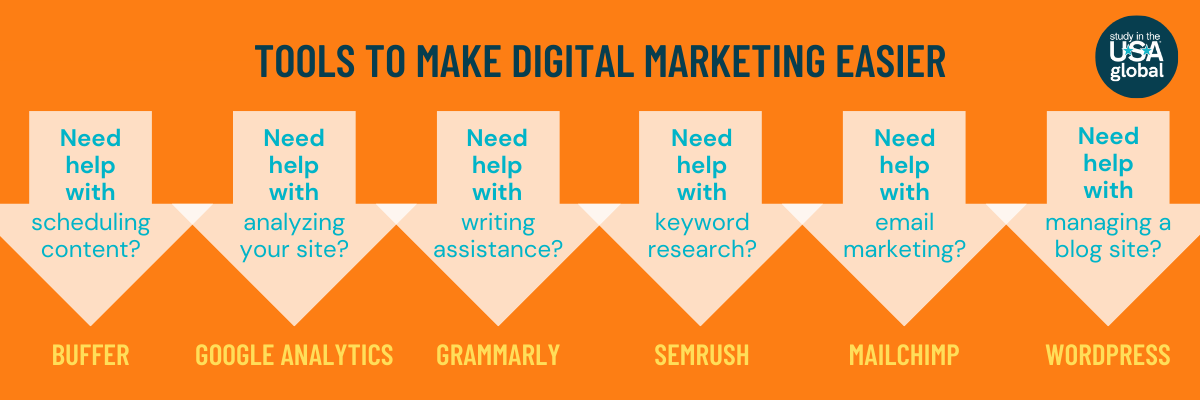|
The most effective way to reach Gen Z in 2023 is with digital marketing. The student journey looks different than in years past, with digital processes dramatically changing the direction and length of the path to higher education. Digital marketing helps you accomplish a number of goals: it can positively impact your school’s image, raise brand awareness, and ultimately, drive future enrollments. With your target audience spending more time online than ever, now’s the time to take charge of your online presence. This guide will cover why digital marketing is important for your school and how you can implement it:
Why Digital Marketing Is Important for Your School Marketing is all about positioning yourself to meet the needs of your customers where they are. With students spending most of their time online, accessing them on their preferred platforms is the perfect fit for your goals. Here are a few reasons that support that claim:
A thorough digital marketing strategy is both effective and necessary, and it requires some thought. How to Get Started With Digital Marketing If you want to build a successful digital marketing strategy, it’s important that the foundation of your plan justifies the moves you make. We’ll take a look at some of the prerequisites you should consider and then map out how to bring your plan to life. Determine Your Place in the Industry An important first step to any marketing plan is running a SWOT analysis on your school and your place within the industry. SWOT stands for:
Conducting a SWOT analysis will help guide your actions as you start to build your marketing strategy. Always direct the focus of your marketing to areas that emphasize your strengths. Determine Which Channels to Utilize The international student prospect pool in any given year is a limited bunch. Generalized strategies meant to attract the whole pool will yield subpar results, which is why it’s important to understand your audience, what makes them tick, and focus your efforts on attracting those specific students. Ask yourself these questions:
What does Gen Z use each platform for?
This next part is the bit that takes some strategizing — you need to align your strengths with the channels that would best amplify them. If you’re just starting out, it’s best to focus on one or two platforms, but if you’re up to the challenge, creating unique experiences on each platform can lead to big results. Here are two examples of matching your content to a platform:
Now that you know what to focus on and where to implement it, it’s time to focus on the content. Create a Content Plan Now that you have your audience's attention, can you keep it? Quality content is the core of any successful marketing campaign. If your content is of higher quality than your competitors, students have no reason to go elsewhere. What does a strong content plan include?
Measure Your Marketing Campaign Performance Digital marketing has a number of tools that you can use to measure the performance of your campaigns. The question isn’t so much how to measure campaigns but what to measure. The student journey doesn’t go straight from exposure to conversion; it’s a long and winding road that looks different from one student to the next. Depending on where your students are in their journey — awareness, consideration, or decision — your Key Performance Indicators (KPIs) should reflect what that stage entails. KPIs are the metrics used to measure the success of your campaign. Each metric represents a singular aspect of your content offering, and reflects the quality of the content that you’re putting out. For example, if your content has a strong subject line, it would be reflected by high open-rates. On the other hand, if your call-to-action for an advertisement is weak, few people will click on it resulting in low click-through-rates. Here are a few KPIs you can use at each stage to gauge performance:
Marketing strategy is determined by what stage of the marketing funnel students are in, so each stage requires its own strategy. Likewise, the KPIs for each part of the funnel are meant to tell a different story, thus, will be different at each stage. Tools to Make Digital Marketing Easier We know this is a lot to take in, but thankfully, there are lots of online tools that can make your life a lot easier.
Here are a few that we recommend to get you started:
We’d also like to give an honorable mention to social media platforms like Facebook, TikTok, and Instagram — many of them have made enormous strides to give detailed insights into your posts’ performance. You’ve Got This!With students spending more time online than ever before, the competition to win over international students has intensified. Digital marketing can be a powerful tool to tell your story, build your brand, and entice new students to attend your school. If you are looking for a digital marketing agency to develop and look after your digital marketing strategy get in touch with our team. |
|
Our sites
StudyUSA.com EnglishCoursesUSA.com CommunityCollegesUSA.com BoardingSchoolsUSA.com StudyintheUSAGlobal Blog © 2021 Study in the USA Global. All Rights Reserved
|
|
